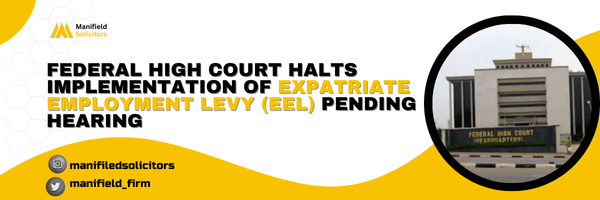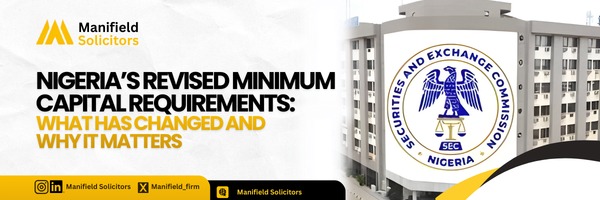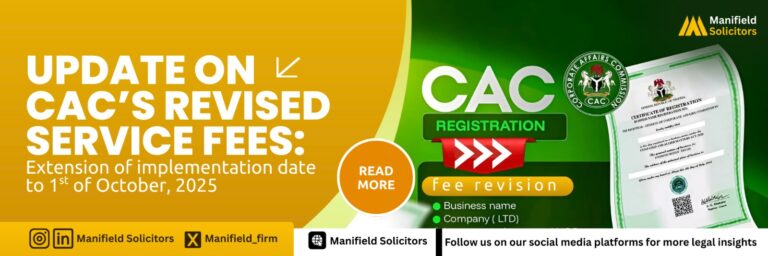In a recent development on January 11, 2025, the Federal High Court in Abuja directed the Minister of Interior, Dr. Olubunmi Tunji-Ojo, and the Attorney-General of the Federation (AGF), Mr. Lateef Fagbemi, SAN, to justify the continuation of the proposed Expatriate Employment Levy (EEL). The court’s directive followed an ex-parte motion filed by the Incorporated Trustees of New Kosol Welfare Initiative, which sought to halt the levy’s implementation, citing its potential economic implications and constitutional breaches.
What is the Expatriate Employment Levy (EEL)?
The Expatriate Employment Levy was introduced in February 2024 by President Bola Tinubu during a State House Council meeting. It is an initiative of the Federal Ministry of Interior, implemented in collaboration with the Nigeria Immigration Service (NIS) under a Public-Private Partnership (PPP) model.
The levy mandates companies employing expatriates in Nigeria to pay an annual fee of:
- $15,000 (N23 million) per expatriate at the director level.
- $10,000 (N16 million) per expatriate at the non-director level.
Penalties for non-compliance include five years’ imprisonment and/or a fine of N1 million for inaccurate reporting; and a N3 million fine for companies failing to file the levy within 30 days.
The Expatriate Employment Levy aims to: generate additional revenue for the government; foster job creation for Nigerians in foreign-operated firms; and address wage disparities between expatriates and local employees.
Legal Contention and Constitutional Basis
The Incorporated Trustees of New Kosol Welfare Initiative allege that the EEL violates Section 59 of the 1999 Constitution of the Federal Republic of Nigeria (as amended), which mandates legislative approval for any imposition of taxes or duties. The plaintiff argues that the executive arm of government acted unilaterally without obtaining the required legislative authorization, making the levy unconstitutional.
Additionally, the group describes the levy as an “anti-people policy” that could undermine economic growth by increasing the financial burden on businesses and discouraging foreign investment.
The Court’s Directive
After hearing the plaintiff’s argument, Justice Inyang Ekwo ruled that the Minister of Interior and the Attorney-General of the Federation (AGF) must:
- Appear before the court by January 16, 2025, to show cause why the implementation of the levy should not be permanently halted.
- Respond to the constitutional challenges and economic concerns raised by the plaintiff..
The court emphasized the urgency of the matter, directing the plaintiff to notify the defendants of the order within three days.
Economic Implications of the Expatriate Employment Levy (EEL)
While the federal government defends the levy as a mechanism for economic reform, stakeholders have raised concerns such as:
- Private Sector Opposition: The Nigeria Employers’ Consultative Association (NECA) argues that the levy could undermine fiscal reforms and add undue financial burdens to businesses.
- Foreign Investment Deterrent: Businesses may view the levy as an additional barrier, potentially reducing Nigeria’s attractiveness as an investment destination.
- Economic Sustainability: Critics argue that the levy could hinder the growth of industries reliant on expatriate expertise.
Following stakeholder resistance, the federal government temporarily paused the implementation of the EEL in March 2024 to allow for further consultations. However, the initiative remains a contentious issue, with the present court case challenging its validity and implementation.
The outcome of the hearing scheduled for January 16, 2025, will determine the future of the EEL. Businesses employing expatriates and stakeholders in the Nigerian economy are advised to monitor this case closely.
Conclusion
The Expatriate Employment Levy represents a test of constitutional compliance, fiscal policy design, and stakeholder engagement in Nigeria. It is essential for policymakers to balance revenue generation with economic growth and constitutional integrity. This ongoing legal challenge underscores the importance of due process and stakeholder engagement in policy implementation.







Add your first comment to this post